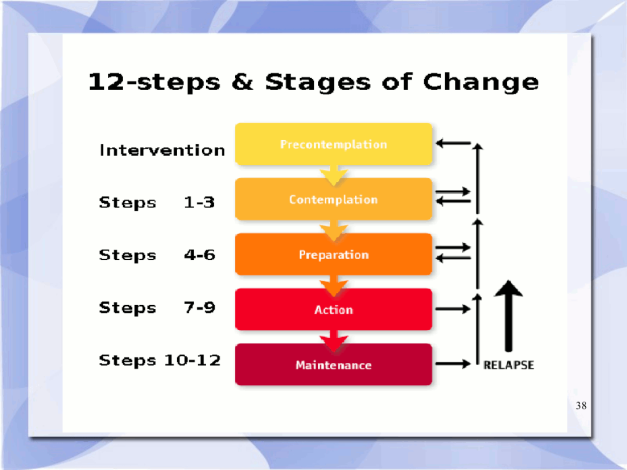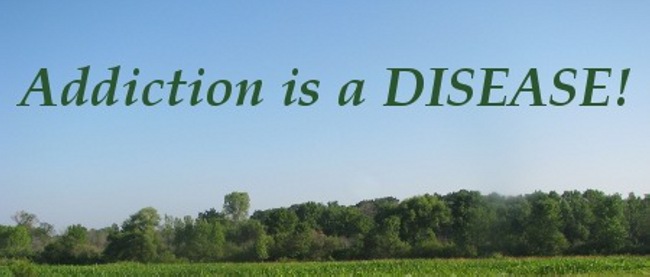Vicodin Addiction Facts
Vicodin Addiction Facts
|
Get Help Now! 800.815.3910 Available 24/7 The road to recovery starts here! Trusted, confidential help available 24/7. Speak with an addiction treatment specialist anytime. Please call us now at 800-815-3910! |
Vicodin Addiction Facts
Here are some facts that may surprise or sadden you about Vicodin abuse. As with most issues about addiction, there is much that is unexpected; the costs or much higher than expected and the causes are very sad.
That fact that child abuse is such a strong predictor of abuse speaks volumes about the problem. See what you think:
Vicodin Addiction Facts 1:
Vicodin abuse and Vicodin addiction, according to the National Institute of Health, impacts all Americans, because we all pay the cost for it.
Vicodin Addiction Facts 2:
Statistics show that Vicodin abuse and Vicodin addiction cost Americans over $484 billion annually. This figure includes healthcare costs (and abuses of that system), lost job wages, traffic accidents, crime and the associated criminal justice system costs.
Vicodin Addiction Facts 3:
According to the National Highway Traffic Safety Administration, approximately 10 to 22 percent of car crashes involved drivers who have been using drugs.
Vicodin Addiction Facts 4:
Vicodin use and addiction is linked to at least half of the major crimes in this country, as at least half of the suspects arrested for violent crimes, such as homicide and assault, were under the influence of drugs when they were arrested.
Vicodin Addiction Facts 5:
Stress is a major factor in Vicodin use and abuse.
Vicodin Addiction Final Fact 6:
Sadly, nearly two-thirds of people in Vicodin abuse treatment report that they were physically or sexually abused as children. Child abuse is a major contributing factor to Vicodin addiction.
For more information about the difference between:
Vicodin Addiction Facts
Here are some facts that may surprise or sadden you about Vicodin abuse. As with most issues about addiction, there is much that is unexpected; the costs or much higher than expected and the causes are very sad. That fact that child abuse is such a strong predictor of abuse speaks volumes about the problem. See what you think:
Addiction Facts 1:
Vicodin abuse and Vicodin addiction, according to the National Institute of Health, impacts all Americans, because we all pay the cost for it.
Addiction Facts 2:
Statistics show that Vicodin abuse and Vicodin addiction cost Americans over $484 billion annually. This figure includes healthcare costs (and abuses of that system), lost job wages, traffic accidents, crime and the associated criminal justice system costs.
Addiction Facts 3:
According to the National Highway Traffic Safety Administration, approximately 10 to 22 percent of car crashes involved drivers who have been using drugs.
Vicodin Addiction Facts 4:
Vicodin use and addiction is linked to at least half of the major crimes in this country, as at least half of the suspects arrested for violent crimes, such as homicide and assault, were under the influence of drugs when they were arrested.
Addiction Facts 5:
Stress is a major factor in Vicodin use and abuse.
Vicodin Addiction Final Fact 6:
Sadly, nearly two-thirds of people in Vicodin abuse treatment report that they were physically or sexually abused as children. Child abuse is a major contributing factor to Vicodin addiction.
More Facts on Vicodin Addiction
Here are some statistics from the U.S. Department of Health and Family Services concerning Vicodin abuse and addiction:
— In 2006, an estimated 20.4 million Americans aged 12 or older were current (past month) illicit Vicodin users, meaning they had used an illicit Vicodin during the month prior to the survey interview. This estimate represents 8.3 percent of the population aged 12 years old or older. Illicit drugs include Vicodin/hashish, Vicodin (including Vicodin), heroin, hallucinogens, Vicodin, or prescription-type psychotherapeutics used non-medically.
— In 2006, there were 2.4 million current Vicodin users aged 12 or older, which was the same as in 2005 but greater than in 2002 when the number was 2.0 million. However, the rate of current Vicodin use remained stable between 2002 and 2006.
— Hallucinogens were used in the past month by 1.0 million persons aged 12 or older in 2006, including 528,000 who had used Vicodin. These estimates are similar to the corresponding estimates for 2005.
— There were 7.0 million persons aged 12 or older who used prescription-type psycho therapeutic drugs non-medically in the past month. Of these, 5.2 million used pain relievers, an increase from 4.7 million in 2005.
— In 2006, there were an estimated 731,000 current users of Vicodin aged 12 or older.
— Among youths aged 12 to 17, current illicit Vicodin use rates remained stable from 2005 to 2006. However, youth rates declined significantly between 2002 and 2006 for illicit drugs in general and for several specific drugs, including Opiates, hallucinogens, OxyCodone, Vicodin, prescription-type drugs used non-medically, pain relievers, tranquilizers, and the use of illicit drugs other than Vicodin.
— The rate of current Vicodin use among youths aged 12 to 17 declined from 8.2 percent in 2002 to 6.7 percent in 2006.
— Among persons aged 12 or older who used pain relievers non-medically in the past 12 months, 55.7 percent reported that the source of the Vicodin the most recent time they used was from a friend or relative for free.
— In 2006, there were 10.2 million persons aged 12 or older who reported driving under the influence of illicit drugs during the past year.
For more about Vicodin Addiction Facts visit our home page.
and Finally Remember:
“Ask and it will be given to you; seek and you will find; knock and the door will be opened to you. For everyone who asks receives; he who seeks finds; and to him who knocks, the door will be opened.”
– Matthew 7:7-8
Recent Articles
-
Drug Awareness
Aug 26, 17 08:46 AM
Drug Awareness describes ways to get treatment and begin recovery for drug and alcohol addiction.
-
Why do I feel high, if I haven’t smoked recently?
Aug 25, 17 08:46 AM
I’ve smoked weed everyday and I’m usually high throughout the day, but I’ve been trying to quit. I haven’t smoked in three days yet I felt high for a
-
Heroin Addiction Symptoms
Aug 24, 17 08:53 AM
Heroin Addiction Symptoms describes the signs of addiction you can look for to determine if drug abuse or addiction are present.

– We’re also launching four new
classes which will help you learn how to use motivation, affirmation
and encouragement to end addiction in yourself or a loved one. Each
class will focus on an evidence-based concept, explaining how to illicit positive
change
in yourself or in someone you love.
Ending addiction is all about
learning to change, and these classes will teach you how to do that right now. We will show you practical techniques that
research has shown to be effective for achieving change and successfully ending addiction.
We’ll begin offering these classes this September through Learn-It-Live (Learn-It-Live is easy to use teaching tool and you don’t need to download anything to use it). Click Register Now! below to join one of our classes.
Four new addiction classes:
|
– Addiction 101, a FREE 60 minute course introducing key recovery concepts, starting September 12. |
Addiction 101 Register Now! |
|
|
– Why Motivation?, understanding motivation with encouragement to |
Why Motivation? Register Now! |
|
|
– Change Talk, a building-block for addiction recovery. This course |
Change Talk Register Now! |
|
|
– Effective Conversations, |
Effective Conversations Register Now! |



